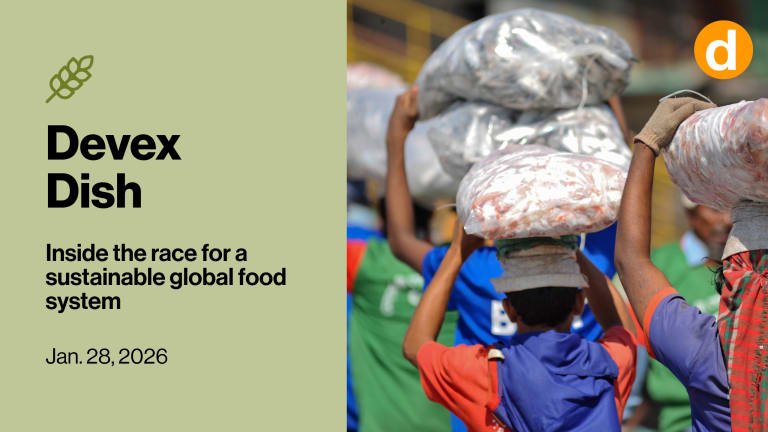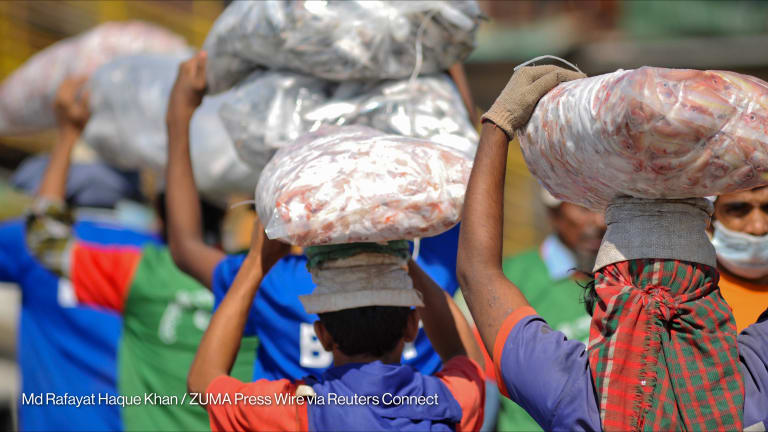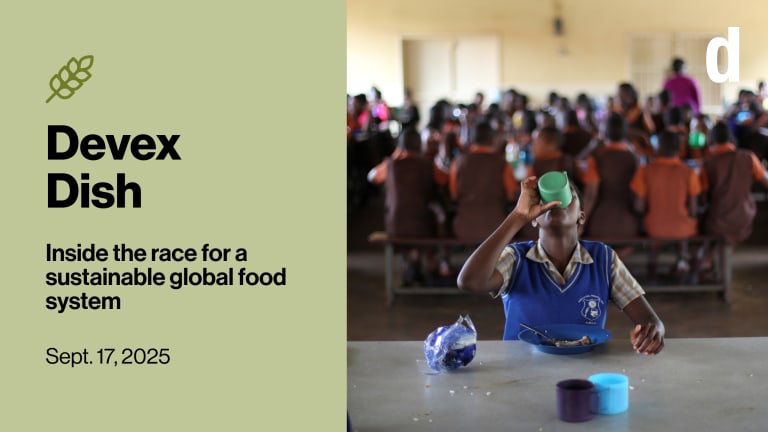
The relationship between food and waste is often thought of only in terms of hunger or as a “First World” consumption issue. And while it may be compassionate to focus on starving children in Africa or entire populations ravaged by drought and war, these are not the only victims of food waste.
Every time food is thrown away or spoiled, the hard work and investment that have gone into producing it go down the drain as well.
In Africa, small-holder farmers account for 70 percent of the food produced. Yet post-harvest losses can be as high as 40 percent, taking into account the produce lost in storage and during transportation, handling and processing. When you bear in mind that these farmers are often battling erratic weather conditions and infertile soil, the impact of losing half of their total produce is significant. It is no wonder then that many are abandoning their farms and moving to cities. But these farmers have a crucial role to play in providing a steady food supply in some of the most food-scarce regions of the world.
My first glimpse of Africa came during a childhood trip to the Democratic Republic of the Congo to visit my aunt who carried out research there and subsequently set up her own nongovernmental organization focused on landmines. This initial trip inspired me to look beyond what is immediately available and find solutions for age-old problems. When researching the food storage tent, I travelled to Ethiopia, where it soon became clear that there was no cheap or easy solution to minimize post-harvest losses. However, a little research showed that by regulating humidity, food could be preserved for much longer than had previously been possible. This would help increase the efficiency of small-holder farmers, ensuring that their produce reached those in need and that they can run a viable business.
Rather than altering production methods to produce more food, improving farming efficiency is a more well-rounded approach to ensuring food security.
Innovation is not always about finding the best new technology. It’s also about understanding how current practices can be adapted to current needs and processes with minimal interference. That’s why we based our solution on existing technology, which consists of a simple tent and a solar-powered ventilator which sterilizes fruits and vegetables in its own microclimate. We have already tested it on a range of fruits and vegetables and in several on-site studies, including in North and East Africa. The visual results are obvious after just one day; fruits that have been in the tent stay fresh up to eight times longer than fruits that haven’t.
See more #FeedingDev articles:
● 4 issues that matter in nutrition
● Food justice is about more than food security and nutrition
● The nexus of agriculture and nutrition
● 5 ways to deliver nutrition through cash crop standards
It seems illogical for there to be such a huge divide between those who have food and those who don’t, as though food security were a zero-sum game. Yet tipping the balance is possible. With the right infrastructure in place to ensure crops get to market and food wastage decreases, the simple economics of supply and demand should do the rest. Farmers will stay in business, supply chains will be recharged by the extra produce and the final crop will become cheaper for those currently scrimping and saving to buy their next meal.
Ensuring food security for all seems a daunting task. But, to paraphrase the Chinese sage Lao Tzu, a journey of 1,000 miles must contain many single steps. By understanding and tackling the individual factors that contribute to food waste, we can move some way along the path to making sure small farming is an economically viable option for individual farmers feeding their families, and the wider world, at a reasonable price.
Want to learn more? Check out Feeding Development's campaign site and tweet us using #FeedingDev.
Feeding Development is an online conversation hosted by Devex in partnership with ACDI/VOCA, Chemonics, Fintrac, GAIN, Nestlé and Tetra Tech to reimagine solutions for a food-secure future from seed and soil to a healthy meal.








